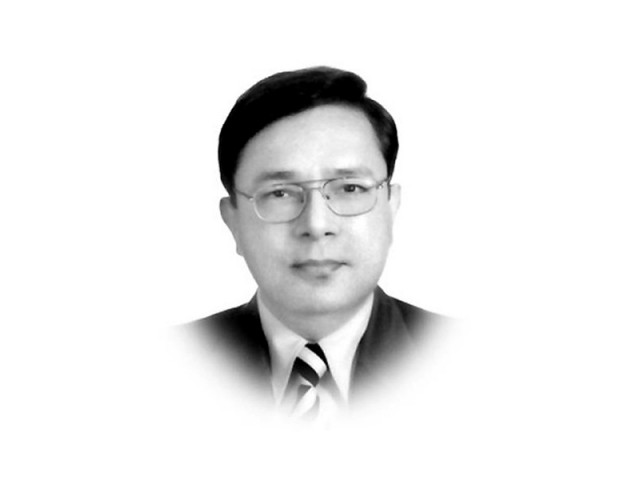Transitional justice theory — Musharraf’s trial
It's never too late to execute a dictator when democratic institutions are strong, enjoy full support of the people.

The writer is a PhD Scholar at West Virginia University in the US
As far as the first assumption is concerned, i.e., truth vs justice, its supporters argue that it is necessary to punish the guilty in order to avoid abuses in the future. It is also essential for the courts to undermine impunity and invalidity, maintaining rule of law, restoring order in society and restoring the dignity of the victims. On the other hand, the proponents of democracy vs justice theory argue that democracy cannot be consolidated without burying the past. The focus should be on institutional reforms to strengthen democracy rather than political oppression, vendetta or making scapegoats. They also claim that transitional democracies are generally not in a position to hold accountable the dictators and other beneficiaries of the past regime. It is very important for a transitioning democracy to move forward because the accountability of the adherents of a past regime is, in all likelihood, bound to backfire on the ongoing democratic process. The establishment of the Truth and Reconciliation Commission (TRC) in South Africa after the apartheid era is the best example of the democracy vs justice argument.
There are a number of examples in history of ex-dictators having to face courts under new democratic governments. The analyses, arrayed from the data of over 100 transitioning democracies from 1980 to 2004, indicate that in the most cases — almost over 70 per cent — the ex-dictators faced prosecution. The former dictators of Haiti, Chili, Argentina, Guatemala, Cambodia, Uruguay, Egypt, Turkey, and Bangladesh are a few of them. However, the time factor is very important regarding the litigations against the ex-dictators. Most dictators were in the courts after over a period of a decade or more. In other words, the dictators faced the courts after the consolidation of democratic governments in those countries. And only those nations emerged as consolidated democracies which followed the path of democracy vs justice, as unwittingly put forth by Chaudhary Shujaat Hussain’s mitti pao.
The supporters of the first argument, i.e., truth vs justice in Pakistan, who are interested in starting prosecutions against General Musharraf in the Benazir Bhutto and Akbar Bugti murder cases, or the Lal Masjid incident, or implementation of Article 6, etc. know little about history and these theories. General Pervez Musharraf’s coming to Pakistan is a “foreshock” before a major political seismic activity is unleashed, and it could be a huge jolt to the whole political system if necessary care is not taken. It is also evident that some transitioning democracies went back and forth between civilian governments and military dictatorships. Any attempt to belittle or humiliate the former army chief will certainly provoke the powerful armed forces. It is the wrong time for the right thing. Wait for the right time.
Nevertheless, it is never too late to execute a dictator when democratic institutions are strong and enjoy the full support of the people. On January 30, 1661, the one and only military dictator of Great Britain, General Oliver Cromwell, was subjected to the symbolic ritual of a “posthumous execution” after his body was exhumed from Westminster Abbey. The British people displayed his severed head on a pole outside Westminster Hall and left it there for nearly a quarter of a century. Hence, it is only advisable to execute a dictator when you aren’t spineless or impotent.
Published in The Express Tribune, April 16th, 2013.













COMMENTS
Comments are moderated and generally will be posted if they are on-topic and not abusive.
For more information, please see our Comments FAQ